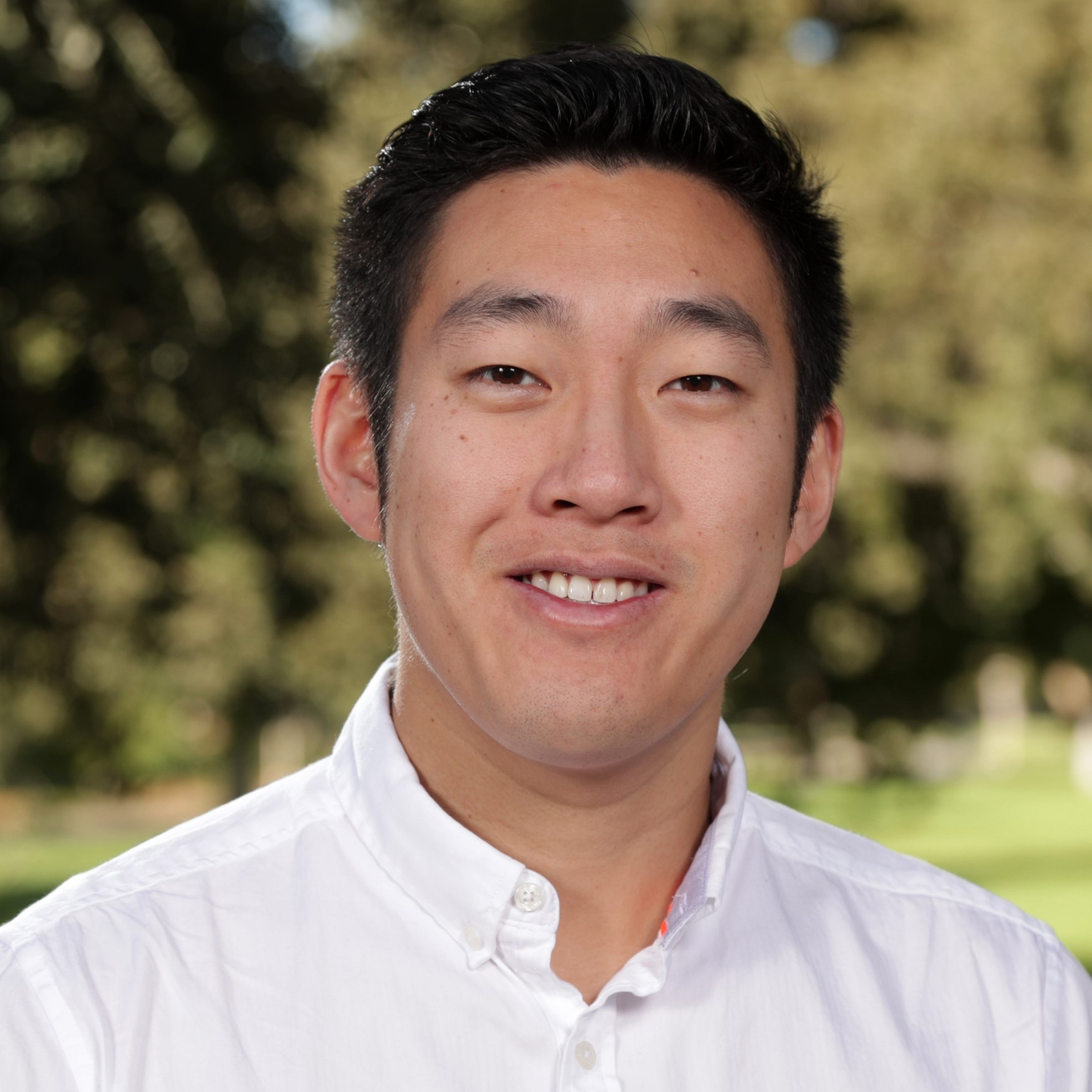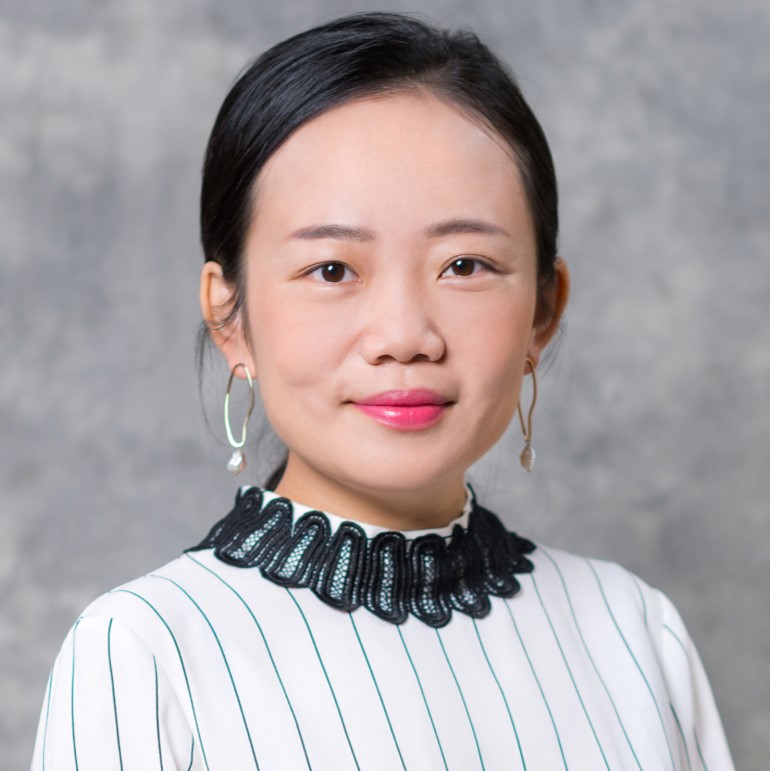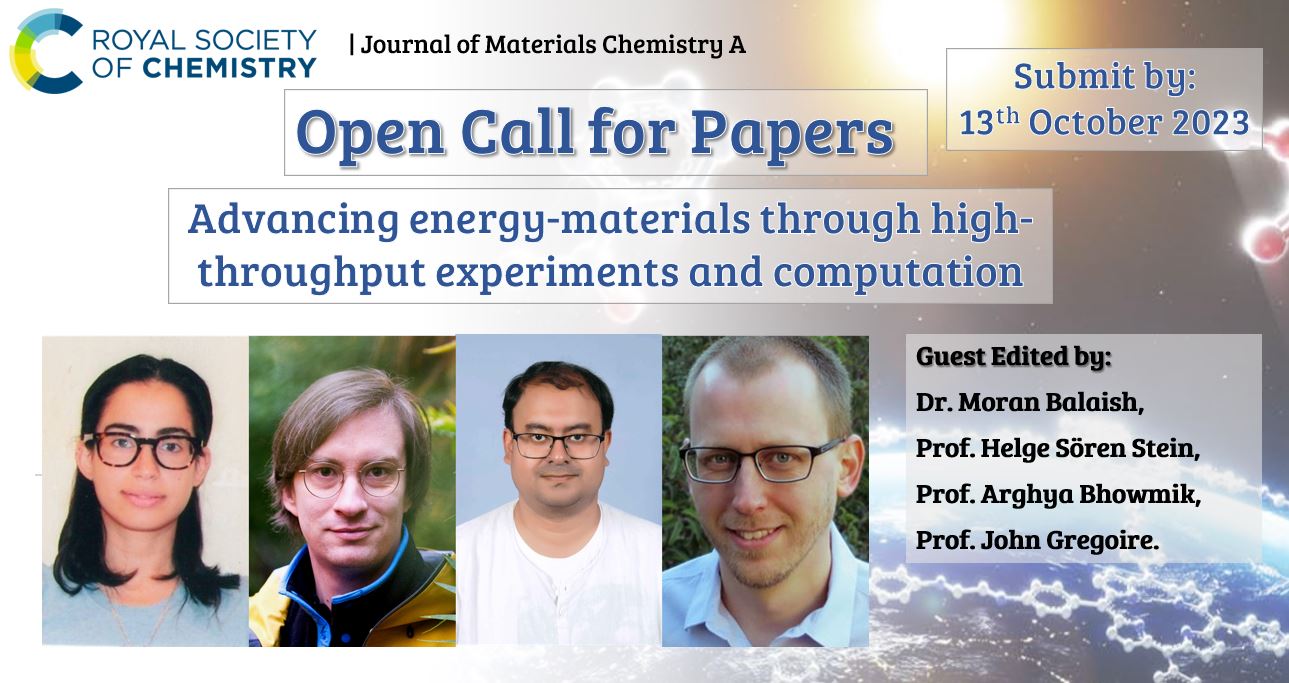Journal of Materials Chemistry C are pleased to announce an open call for papers to contribute to our upcoming collection on ‘Molecular Scale Electronics’
The concept of using molecules as electronic components has received significant attention over the past 3 decades, initially motivated by the decreasing size of semiconductor-based circuit elements in line with Moore’s Law. It is now recognized that molecular devices can demonstrate properties unique from those observed in conventional electronics, resulting from quantum interference effects, changes in molecular redox state and/or the immediate nanoscale environment (solvent, temperature, light, magnetic field). With robust and reproducible measurement techniques now established, and great gains made in reconciling experimental and theoretical results, attention has turned to the discovery of useful wires, switches, diodes, and resistors – and how best to utilize them.
This Journal of Materials Chemistry C collection will capture the cutting-edge innovations in synthesis, measurement, data science, and theory that are driving this field forward.
Guest Edited by:
Timothy A. Su
Assistant Professor
University of California, Riverside
 |
Timothy A. Su is an Assistant Professor in the Department of Chemistry and Materials Science and Engineering Program at the University of California, Riverside. He received his B.S. in Chemistry from the University of California, Berkeley in 2011 working in Prof. Jean Fréchet’s laboratory. Tim obtained his PhD in Chemistry from Columbia University in 2016 as an NSF Graduate Fellow with Prof. Colin Nuckolls. Tim returned to UC Berkeley as an NIH Postdoctoral Fellow with Prof. Chris Chang before starting his independent career in 2019. His laboratory at UC Riverside focuses on the synthesis of inorganic clusters and polymers and exploration of their quantum transport and optoelectronic properties.
Michael S. Inkpen
Assistant Professor
University of Southern California
 |
Michael S. Inkpen is an Assistant Professor in the Department of Chemistry at the University of Southern California (USC). He obtained his M.Chem. from Durham University in 2008, and his Ph.D. from Imperial College London in 2013 under the mentorship of Prof. Nicholas J. Long and Prof. Tim Albrecht (now at the University of Birmingham). In 2015 he joined Prof. Latha Venkataraman’s group at Columbia University as a Marie Skłodowska-Curie Fellow. Mike returned to Europe in 2017 for the final year of his fellowship, where he worked with Prof. Philippe Hapiot at the University of Rennes 1. Research in the Inkpen Lab at USC focuses on the design and study of single-molecule devices and self-assembled monolayers, applying electrochemical and scanning probe microscope-based methods to address fundamental questions in energy storage, catalysis, and electron transfer/transport.
Haixing Li
Assistant Professor
City University of Hong Kong
 |
Haixing Li is currently an Assistant Professor in the Department of Physics at City University of Hong Kong. She obtained her B.S. in Physics from the University of Science and Technology of China in 2012 where she did her undergraduate thesis with Prof. Xianhui Chen growing oxides in search of superconductors. During her undergraduate studies, she also spent a summer at the University of Oxford learning quantum optics. She then moved to Columbia University and earned her Ph.D. in Applied Physics in 2017 under the guidance of Prof. Latha Venkataraman uncovering electronic properties of molecular silicon. She worked as a postdoctoral fellow and later a Charles H. Revson Senior Fellow in the laboratory of Prof. Ruben L. Gonzalez Jr. at Columbia University studying mechanisms of ribosomal frameshifting from 2017 to 2021. Her research group at City University of Hong Kong examine molecules and bio-inspired architectures at the single molecule level to spark advances in electronics, health, and sustainability.
Open for Submissions until 13th October 2022
Submissions to the journal should contain chemistry in a materials context and should fit within the scope of Journal of Materials Chemistry C. Please see the journal’s website for more information on the journal’s scope, standards, article types and author guidelines.
Appropriate topics include, but are not limited to:
- Synthetic routes to molecular electronic components.
- Single-molecule conductance experiments.
- Large-area molecular electronic device characterization.
- First principles calculations of molecular charge transport.
- Integrating molecules into functional circuits.
- Metal surface functionalization chemistry.
- On-surface synthesis and electronics of molecular wires.
- Intramolecular charge transfer and mixed valence chemistry.
If you would like to contribute to this themed collection, please submit your article directly through the Journal of Materials Chemistry C submission service. Please mention that your submission is a contribution to the ‘Molecular scale electronics ‘collection in the “Themed issues” section of the submission form and add a “Note to the Editor” that this is from the Open Call.











